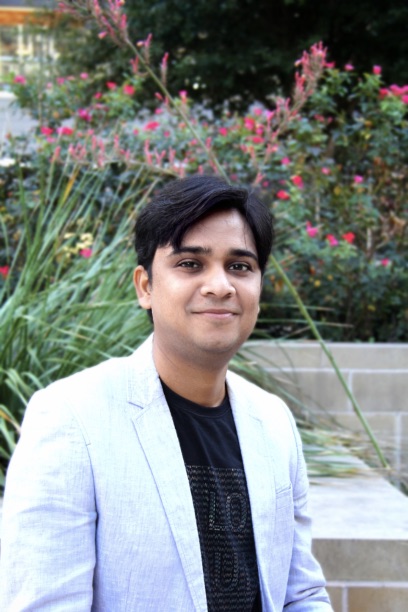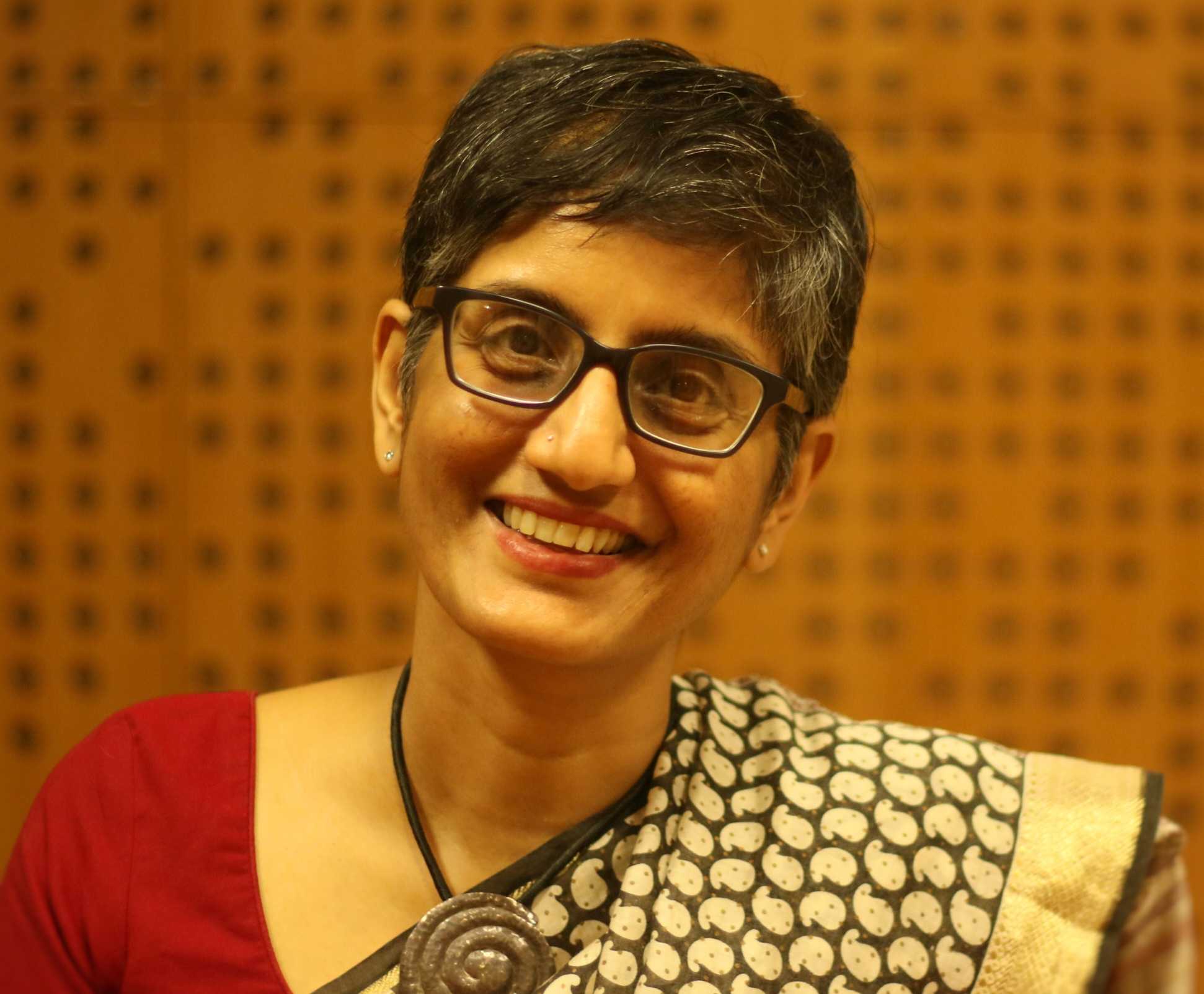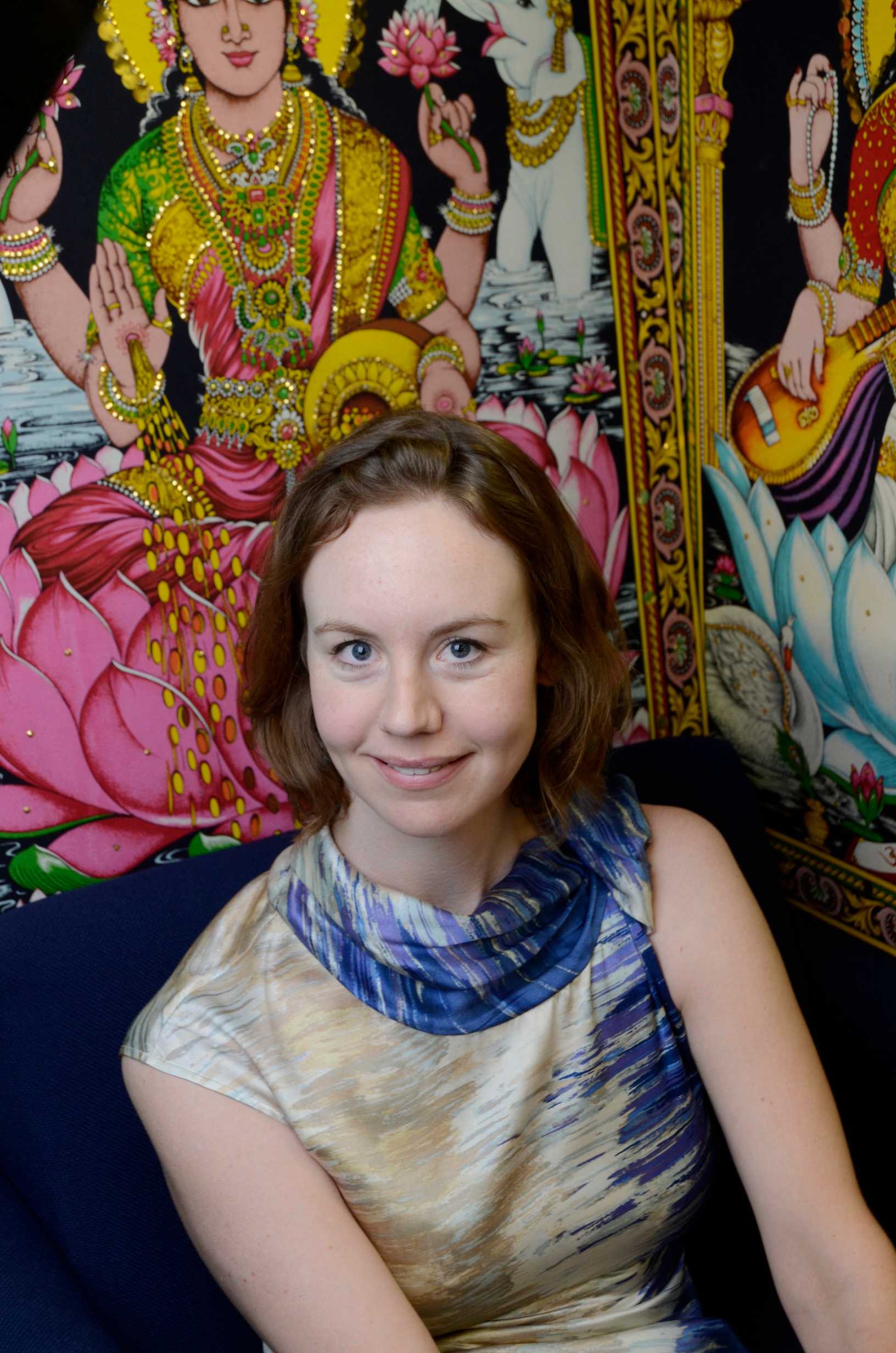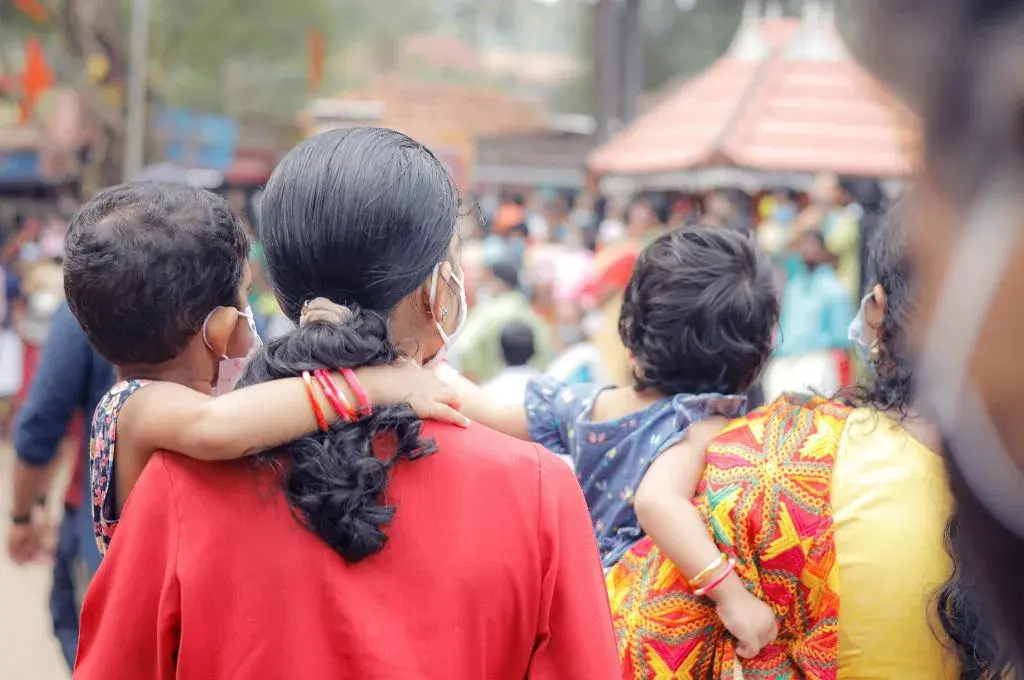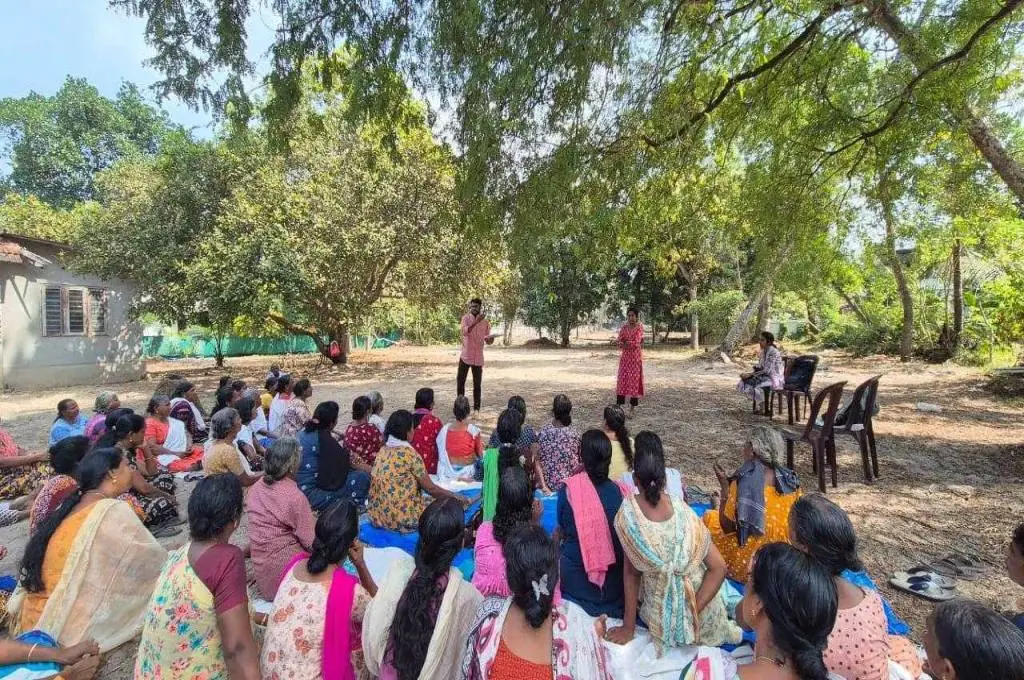It is that time of the year in India when we celebrate festivals and joyously embrace the comfort of rituals. But could these rituals be holding the key to lasting change in health behaviour?
Consider Pooja. She is 24 years old and lives in rural Bihar. Pooja is pregnant and, like many women of her community, she is anaemic. Anaemia can be dangerous to her and her baby’s health. She needs to increase her iron consumption. Fortunately, there is a solution: iron and folic acid (IFA) supplements. They reduce maternal anaemia and neural tube defects in the baby if taken in the early stages of pregnancy. Pooja must take a tablet every day through her pregnancy. The tablets are low-cost and offered for free by the public sector.
But pregnant women like Pooja are not taking the supplements early enough or consistently enough. Why?

We have many potential answers: beliefs around the necessity of treatment, concerns about side effects, trust in the system, convenience in refilling tablets, and mental models about medicines and health. But are we missing a critical piece of the puzzle?
What if we were to tell you that women in rural Bihar are already spending substantial time and effort to mitigate health risks during the critical period of pregnancy? That they are already implementing solutions? That current biomedical solutions are not filling a gap but, in their minds, are second best to what they believe is already working for them?
The missing piece of the puzzle is rituals. Rituals are culturally imparted conventions of groups, involving a sequence of exacting actions that have meaning. Many think of rituals as outdated, superstitious practices and do not consider their relevance to behavioural change. Rituals are critical to understanding certain aspects of social behaviour. They are a feature of all human societies, past and present. They have been documented in ancient written records and exist in the modern world, such as the elaborate Japanese business card exchange ritual. Rituals help people connect with others, enhance well-being, and aid people in managing risks.

Pregnancy is one of the most stressful and risky times in a woman’s life. And indeed, in our research, we find that this period is highly ritualised. In Bihar alone, we documented hundreds of rituals governing health, nutrition, and child-rearing during the perinatal period. The ritual of chhathi (sixth-day ritual) is widely practised in Bihar and has parallels in many cultures. It serves to initiate the new baby into the community and protect the infant. It also corresponds with the end of the perinatal period, which has considerable biomedical significance in modern medicine.
Most traditional health rituals like chhathi are not incompatible with biomedical recommendations. In fact, traditional health rituals and biomedically recommended practises can often be combined with positive outcomes. Consider the ritual of reciting the azaan (Muslim call to prayer) in a newborn’s ear before initiating breastfeeding. Prior to hospital deliveries, home births were common, and maulanas (respected religious elders) were called to recite the azaan. However, in recent times, it has become difficult to call a religious leader to the hospital, and this can delay the immediate initiation of breastfeeding. We have documented a clever modification of this traditional health ritual to accommodate the biomedical recommendations of immediate breastfeeding; families now call maulanas over a mobile phone so that the azaan can be recited to the newborn.

When examined carefully, biomedical practices are also ritualised.
When examined carefully, biomedical practices are also ritualised. You are given an exact schedule of medication. The medicine is given to you by a doctor or someone you trust—you do not necessarily know the biomedical reason for the medicine or the schedule. You swallow the medicine exactly as dictated by the doctor. Doing this allows you to feel more in control of a stressful situation. As your health improves, you are much more likely to trust the prescription and stick to it a second time.
The question, therefore, is not about persuading the community to replace one ritual with another (biomedical) one. Rather, it is about carefully studying existing rituals and integrating relevant biomedical practices with them to increase compliance and adherence. In this context, our work in Bihar is only a starting point. Similar to the community we studied, every community has distinct rituals that we should strive to understand. Biomedical experts will need to connect with local cultural experts—dais (midwives), religious and community leaders, and opinion makers—who may not necessarily have a biomedical background. Such local experts can help explain the role an existing ritual plays in the community, and how it can be evolved to include practises endorsed by the biomedical community.
Rituals exist because of an intricate network of influencers in the community.
Rituals exist because of an intricate network of influencers in the community. A key node in the health network is the community health worker (such as ASHA workers, anganwadi workers, and auxiliary nurse midwives). In our research, we find that the community health worker, wherever she is actively engaged, serves as an effective bridge between the biomedical community and the traditional health community. Acknowledging her critical role as a cultural facilitator—while learning from her about how biomedical and traditional health systems can be best brought together—will serve to enhance both her engagement and her impact on critical and, thus far, intractable health problems such as iron deficiency anaemia.
Lasting behavioural change is challenging to achieve. We believe, however, that no change is sustainable unless it is deeply embraced by the community. Co-evolving rituals in close collaboration with the communities can offer us a way to achieve this.
—
Know more
- Learn how rituals can be used as leverage to improve community health worker efficacy.
- Read about the impact of rituals on healthcare provider behaviour in Bihar, India.
- Read this interview with an ASHA worker from Haryana on the challenges of rural healthcare.

